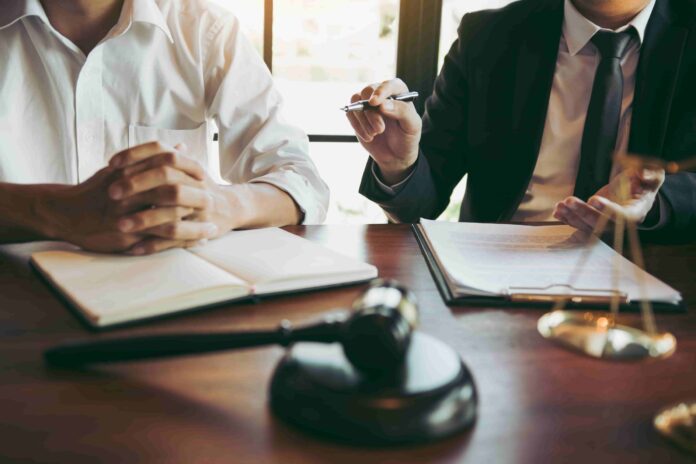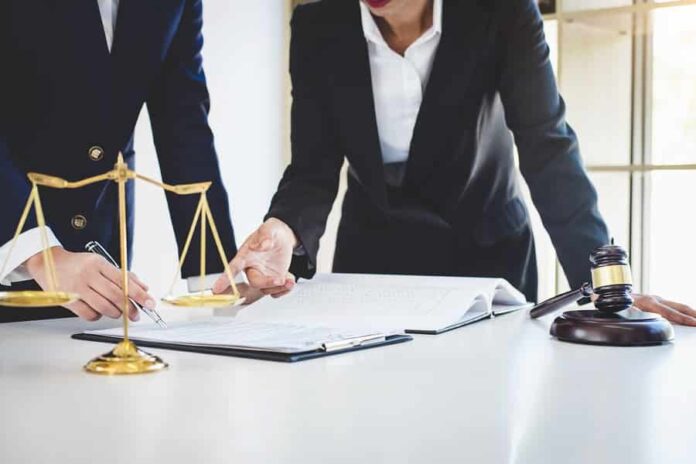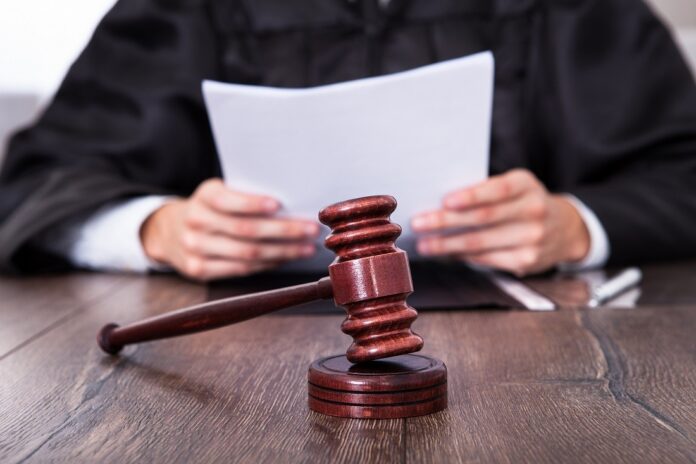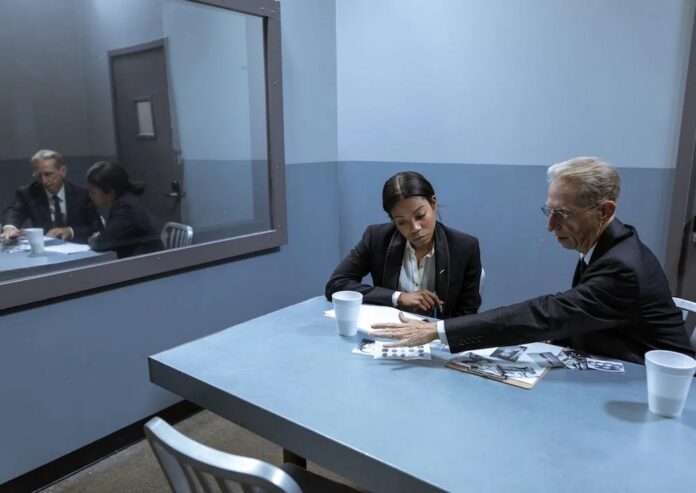Attorneys who specialize in defending those facing criminal charges are a vital part of the justice system, both in the US and elsewhere worldwide.
If you’ve never had cause to hire a lawyer before, you might not be familiar with the services they provide and the benefits they offer. So let’s discuss the main duties that an experienced attorney will take on when defending a client.

They can help you stay out of jail
Broadly speaking, the aim of an attorney is to keep their client from being locked up. This doesn’t just mean preventing them from being tried, convicted and sentenced in a court of law; it also factors in any earlier incarceration which might otherwise be part and parcel of the proceedings.
If an attorney is able to get a case thrown out, the charges dropped or their client acquitted, they’ll do everything in their power to achieve it. And if you want seasoned veterans of this complex process to take on a criminal law case on your behalf, visit their website before you do anything else.
They will interview you and talk you through your options
Before you get involved with police interviews, you’ll need to speak to your lawyer and give them as much information as possible. It’s only with all the facts on hand that they’ll be able to assist you to the best of their abilities.
An attorney will know what to ask you, and will base their next steps on the answers you give, letting you know what options you have, while also beginning to formulate the defenses they will use to represent you most effectively.

They will carry out their own investigations into the case
Lawyers don’t just ask questions of their clients and let law enforcement do all the legwork outside of the interview room. They’ll also take up the task of looking into the case themselves, which may involve interviewing others who are involved, from eyewitnesses to police officers and beyond.
It’s common for lawyers to also work with larger teams of investigators who can get out into the field and work certain angles of a case to see if they are watertight, or if there are any inconsistencies. It’s common for former law enforcement professionals to take on this type of work and apply their own knowledge and experience to the process of defending clients.
Another point to note is that the prosecution is legally required to make their own case available to the defense ahead of the trial getting underway. This enables your attorney to see what you’re up against, and to probe for flaws in the arguments and evidence that will be used against you so that they are prepared to fight back in front of a judge and jury.
They will scrutinize the evidence
Criminal cases often involve tangible evidence, in addition to witness testimony, that can be used to prove the guilt or innocence of the accused.
A criminal defense lawyer will help you by scouring the evidence in your case, seeing how it all fits together, and determining if there are issues or inconsistencies which could sow the seed of reasonable doubt in the minds of jurors, or even get you acquitted before the trial commences.
Evidence analysis is something that can be outsourced, especially if it’s forensic. Lawyers will know what labs to use and which independent experts to consult if they believe that there is an advantage to be gained from getting a second opinion on particular pieces of evidence.

They will keep you up to date
A good defense lawyer will endeavor to keep clients in the loop from day one, and will let you know what progress is being made, what strategies are being developed, and what avenues are open to you with each passing day.
Most importantly, the rule of attorney-client privilege means that they’ll keep anything you tell them private, so you can trust them to be in your corner.
They will intercede in the selection of jury members
Jury selection is a complex process and one which the average person on the street might not even be aware of unless they’ve been through a criminal trial themselves.
There’s a pressing need to ensure that the jury of peers that are used to pass judgment on defendants are not intrinsically biased against them. This is where a defense lawyer can exert their right to dismiss certain members because if an obvious bias is present, it will tip the balance in favor of the prosecution.
Jury selection can even be based on a hunch, and sometimes a lawyer will sense that a prospective member of the panel is going to be a disruptive force or not a good fit. Again, if they want to dismiss a juror in this context, that’s their prerogative as well, so long as it benefits their client.

They will handle negotiations
Sometimes the best route forward is to take a plea bargain, meaning you get a reduced sentence in exchange for an admission of guilt.
This is something that can be negotiated, and a criminal defense lawyer will have the skills to tackle this efficiently, getting an outcome that’s good for the client and acceptable to the prosecution. Unless you’ve got negotiation skills yourself, leave this to the pros.
They will represent you in the courtroom
This is the part of the job that’s most commonly seen on the silver screen, and when the case comes to trial, your lawyer will be especially invaluable.
They will examine and cross-examine witnesses from either side, set out the facts for the jury, and shield you from whatever traps the prosecution has laid.

They will negotiate sentencing
The final step, and one that will ideally be avoided unless it’s either impossible or is the best route as a result of a plea bargain deal, is sentencing.
Your attorney will negotiate with the judge or jury to either cut down on the amount of jail time that’s handed out, or to even move towards a different approach to paying your debt to society.









